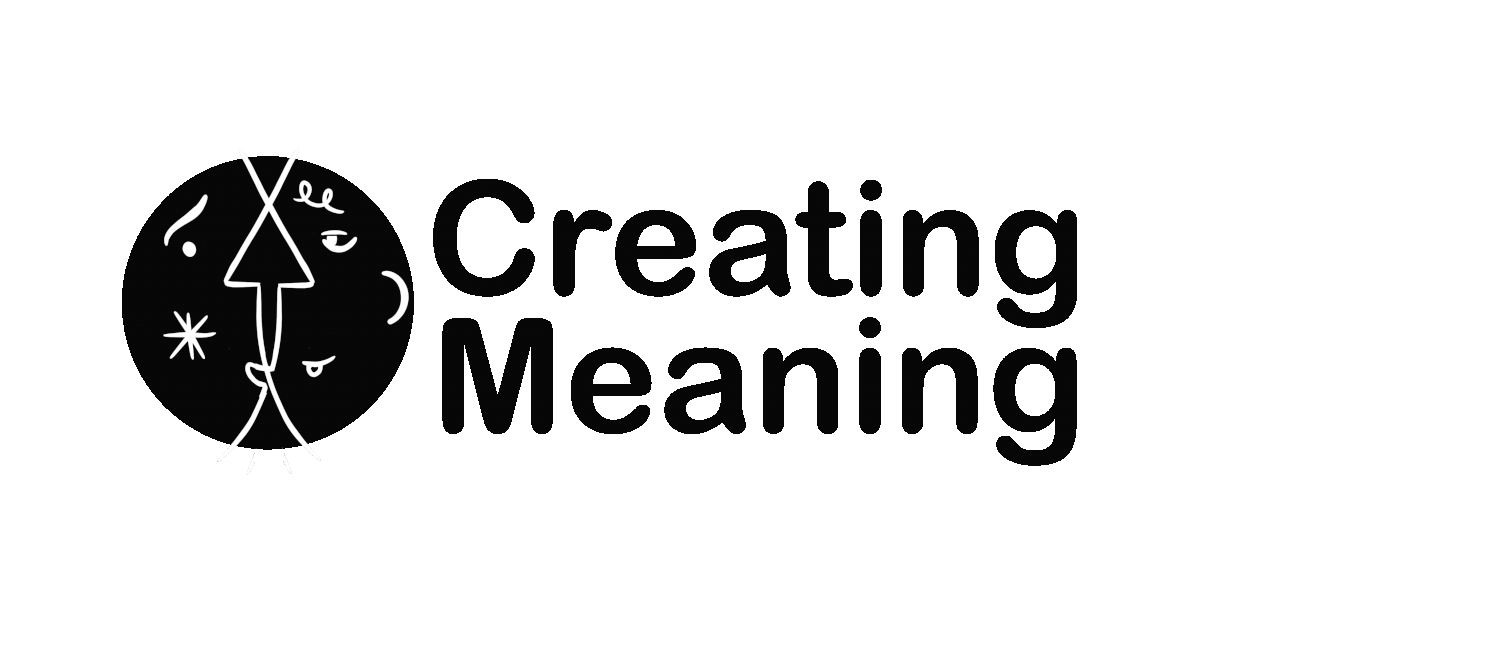This is why Bohm recognised that what we so desperately need is new thinking, and that we struggle to arrive at this new thinking because we do not create the time and space to come together and meet in a meaningful way or create the conditions in which we can allow new thinking to occur. Values are so intrinsic to a dialogue practice and combined they provide us with a potentially powerful tool for positive change.
As local and global communities, we are being held back by divisive, argumentative and accusatory ways of communicating. Dialogue presents another way of communicating with each other; allowing us to connect through meaning and values and to generate new ways of thinking about the people and the world around us.
In today’s complex times we need to come together in dialogue in order to listen, connect, understand, learn and grow. As communities we find time and space to come together and think and act on things that are important to us. Communities share common interests, and they give us a sense of belonging and participation. We can also find this sense in dialogue together.
We often get stuck; stuck saying the same things, thinking the same thoughts or acting the same way because we can’t get beyond our traditional modes of communication: those of monologue, debate and discussion, to arrive at a deeper level of meaning and understanding. Dialogue allows us to reach this deeper level, and create new ways of thinking by sharing meaning together. This shared meaning has been abundant in our dialogue series as we went on a journey of values and dialogue.
In our first dialogue we explored and shared meaning around personal values: what they are, where they come from, how we action them, what can challenge them and what meaning they bring to our lives. It generated some interesting thinking and areas for further exploration such as whether value based behaviour is a choice and what can compromise it, often creating the value-action gap we are striving to close; and what are the small things that we can do to live our values, starting from smiling at people in public places and asking those who serve us daily, ‘how are you?’
“We are relating to each other at a very deep level and that’s a very powerful thing” -dialogue participant
In our second dialogue exploring values and others one of the topics we arrived at was litter, which was given as an example of behaviour of others that is hard to understand and tolerate. Why would someone choose to litter our shared environment, and equally what drives others to pick it up when it is not theirs. This proved a very good example and raised two further points around the values of acceptance and understanding. Some felt that acceptance of the person who had littered was part of understanding the human condition; we are all doing the best we can, with what we have. Others raised concern that an acceptance of people dropping litter was parallel to doing nothing and becoming apathetic. For some acceptance means non-action, for others acceptance leads to action; for is it possible to encourage the person that litters to stop littering if we show them anger and aggression or if we meet them with acceptance and love.
“There can’t be understanding, without understanding.” – dialogue participant
In our third dialogue we set out to explore values and how they influence our relationship with the world around us. One powerful reflection by a participant was on the distinction between operational values that drive day-to-day behaviour and idealistic values that might help him aspire to and become to the ‘next best version of myself,’ and asked how we could support the tension between ‘who I am today and who I could be tomorrow.’ The ability to see ourselves and our values as dynamic and evolving allows us to face challenging situations or people with compassion and create the space and conditions for change. The question of whether ‘bad people’ have values arose in the dialogue and it was suggested by some that it is not a case of judging people as ‘good’ or ‘bad’ but instead meeting them with understanding, empathy and compassion. When we become focused on the lack of values in others, we can also lose touch with our ability to respond from a place of our own personal values. If we want others to change we need to ask ourselves whether they are likely to do so when met with judgement and blame, or with love and understanding.
“Values are in reality all defined by how you interact with other people and the way you behave in the world.” – dialogue participant
In the dialogue series we have experienced first-hand some of the benefits to individuals participating in a dialogue, which can be; to feel valued by participating, being listened to, seen and accepted; to understand themselves better by reflecting upon and speaking their thoughts; and to understand others better by listening without judgement, to different points of view and other people’s experiences.








